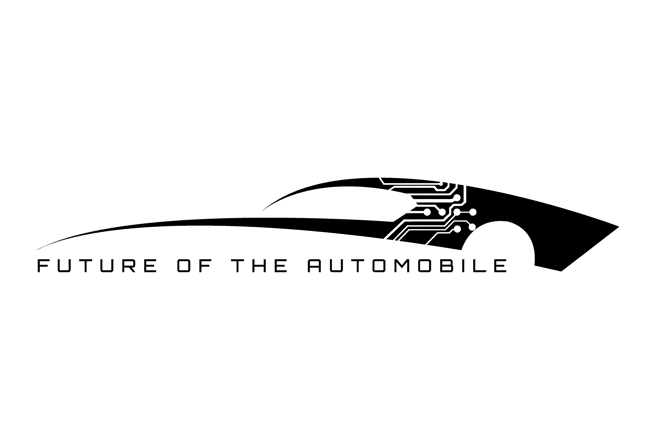Have you noticed how website advertisements seem to know what you been looking at in your browser? I started noticing it more frequently when I was shopping for smoke detectors for my house. After browsing a few on Amazon nearly all the ads I saw, across multiple sites, where ads for the same smoke detectors. It was crazy.
Then I saw a Ted talk from 2011 by Eli Pariser, author of The Filter Bubble and co-founder of Upworthy.com. He shared his experience of his personal Facebook feeds and Google search results being modified in unexpected ways. He noticed that the more politically liberal articles he clicked on the more liberal articles would be appear in his news feeds. Articles and personalities considered conservative stopped appearing for him. The view of the world portrayed by these unexpectedly tailored feeds because one sided.
More recently, I ran across an article in Wired where the author liked everything he saw on Facebook for two days, and shared his experience. He found the more he liked a topic the more Facebook served up the same topic. The more a particular cause he liked, the more he was fed similar causes. It led to a huge lack of differing opinions in his feed.
Automated content curation is in its infancy with incredibly smart people working on the next generation all the time. My hope is that they will weave in a balance to the content shown people so that whether I lean left or right the robot gatekeepers will show me a smattering of both sides of the coin.
In the meantime I do my best to click on the left and right so that I keep the robots guessing and my feed as unbiased as possible for now.


Leave A Comment